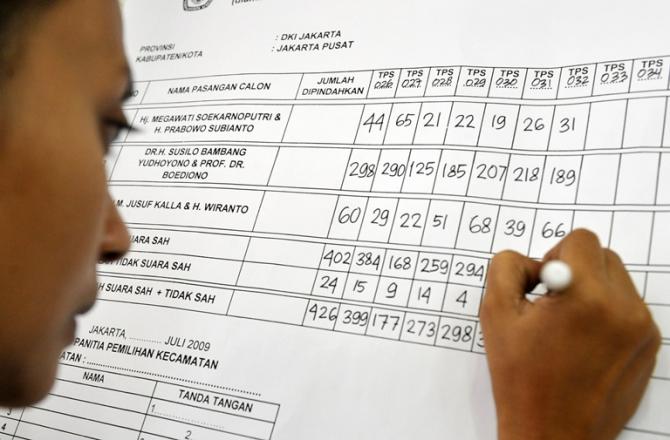
Sixth, to reduce the number of parties in the parliament, a 3.5 percent threshold was created. However, at the same time, the election law adopts three elements of an electoral system that enables political parties to secure seats. The three elements are: size of a constituency, a proportional electoral formula using the Hare quota method while outstanding seats are allocated to parties based on remaining plurality of votes, and an election calendar that has three months between the legislative and presidential elections.
Seventh, even though Indonesia has a presidential system, its legislative election is held prior to the presidential election. Political parties turn into political event organizers, while candidates run as election participants. As the role of election participants shifts to candidates, party discipline decreases (elected candidates feel more legitimate than the parties).
To have an effective presidential system, presidential and legislative elections need to be held simultaneously so that a president’s policies contribute to the development of a moderate pluralist party system. At the same time, party discipline needs to improve. What we are witnessing today is two government systems: political parties showing parliamentary behavior in the legislature and presidential behavior within the executive.
Aside from containing a number of inconsistent elements, the proportional electoral system potentially lures candidates, voters and/or election officials to be involved in vote-buying. If money is used to gain a position then that position will one day be abused to seek monetary gain.
Indonesia’s proportional electoral system contains contradictory elements that help create a deficient democratic political system. First, the focus of political parties (and their candidates) is to seek and maintain power through election, including through vote-buying, rather than by performing their functions as political representatives. Furthermore, political parties both internally and externally lack democratic management. In the end, parties should not only be accountable to their members but also their constituents.







%20resized.png)
